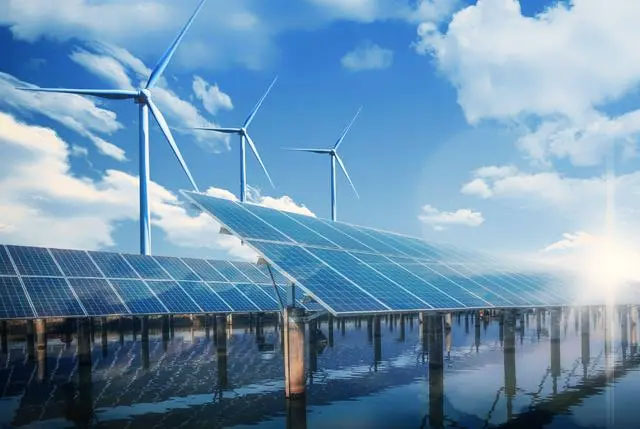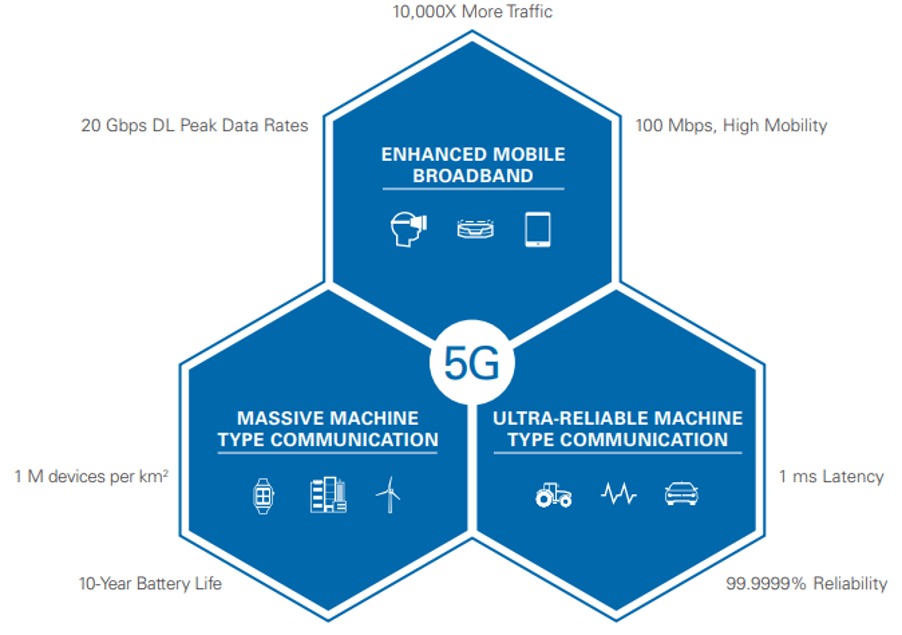As industrialization and urbanization accelerate, the global demand for energy is growing. However, traditional energy production methods are no longer able to meet this demand, and inevitably contribute to increased environmental pollution and weather changes. In the face of these challenges, the energy industry is increasingly accelerating its transformation to become smarter and greener. One of the key drivers of this transformation is the Internet of Things (IoT).
IoT technology can apply intelligent sensing devices and big data analysis technology to energy production and consumption to achieve comprehensive monitoring and control of energy systems. For example, IoT technology can be used to monitor the generation, transmission and consumption of renewable energy sources such as wind and solar power, and build intelligent transmission and distribution systems to optimize the efficiency of the entire energy supply chain. At the same time, IoT technology can also use intelligent sensing devices to program and automatically control energy usage, for example, to achieve adaptive power demand management, smart home, etc.

It is worth mentioning that the benefits of IoT for the transformation of the energy industry are not only to improve intelligence, but also to promote deep green transformation. Some advanced companies in the industry have already started to explore the frontiers of smart energy production and consumption. For example, Sentinel Exploration, a deep-sea oil and gas exploration company in the United States, has installed a large number of various intelligent sensors on its drilling rigs and ancillary equipment to collect data on seawater, wind, temperature, humidity, etc. in order to predict the impact of the marine environment on the equipment. Through this intelligent data integration and analysis, Sentinel Exploration is able to keep track of the rig's operation and thus optimize equipment maintenance and replacement plans to reduce ecological impacts.
In addition, more and more manufacturing companies are joining the ranks of using IoT to advance smart energy. For example, China Power Group uses IoT technology to monitor and control oil and electricity hybrid power generation equipment and improve the automated micro-grid system; Siemens, with the help of IoT technology, applies smart sensors on production lines to achieve real-time monitoring and control of factory processes and products, and adds monitoring of energy consumption to this system to achieve intelligent energy consumption control. .
Of course, IoT technology is not without challenges to promote the intelligence and greening of energy. First, the quality and security of data in the process of intelligence is crucial to ensure the network security of sensors and interconnected devices to avoid theft or tampering of information.
Secondly, although green energy will be the future trend, traditional energy still dominates the market due to its high generation cost, and the integration of IoT and energy industry may be affected by geopolitical factors due to possible differences in the formulation and implementation of national energy policies.
In conclusion, the development of IoT technology has made the energy industry more operable in terms of intelligence and greening, and there is still a market and technology demand in the future, and policy support is needed. Therefore, strengthening the promotion of the commercialization of IoT technologies and having more mature technologies becomes a top priority.



Comments13